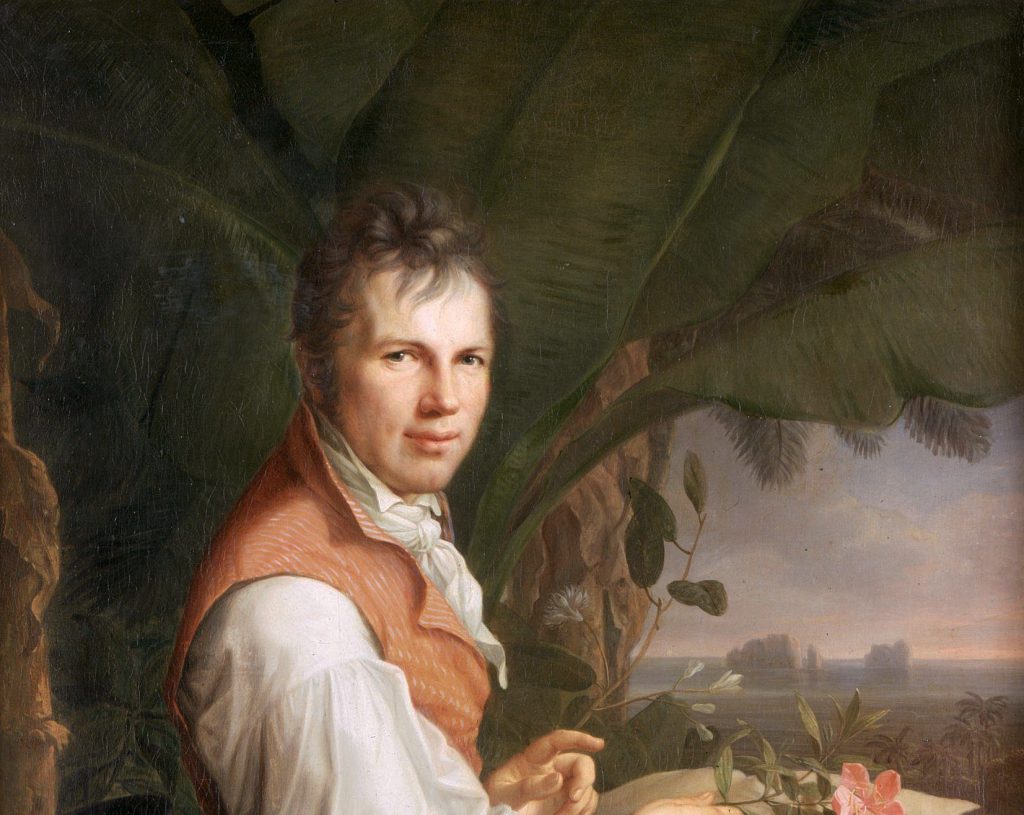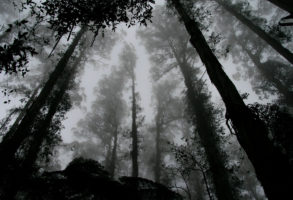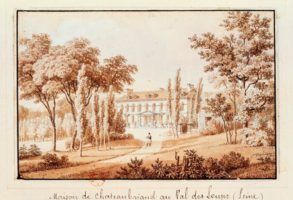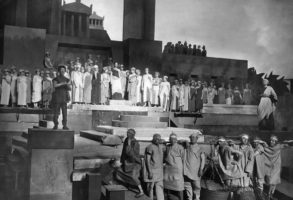
Published January 20, 2021
The New Atlantis - Winter 2021 issue
The presiding scientific genius of the Romantic age, when science had not yet been dispersed into specialties that rarely connect with one another, Alexander von Humboldt wanted to know everything, and came closer than any of his contemporaries to doing so. Except for Aristotle, no scientist before or since this German polymath can boast an intellect as universal in reach as his and as influential for the salient work of his time. His neglect today is unfortunate but instructive.
Humboldt (1769–1859) undertook to disseminate the knowledge he acquired as rapidly and widely as possible, and initiated a network of correspondents among the world’s principal scientific specialists. Thus, Humboldt’s prodigious achievement ironically made it impossible for his scientific descendants to have a career so wondrously varied as his. Taking the entirety of nature and culture as his province, through the gathering and arrangement of all the particulars that one extraordinary mind could hold, he sought “a scheme comprehending the whole material creation” — “perhaps too bold a plan.” So he declared in his 1845 summa, Cosmos: Sketch of a Physical Description of the Universe. The advancement of learning, in which his own vast accumulation and inspired synthesis of knowledge played a key role, had made possible, he believed, or at any rate would make possible, the reasoned comprehension of Nature all told:
The aspect of external nature, as it presents itself in its generality to thoughtful contemplation, is that of unity in diversity, and of connection, resemblance and order, among created things most dissimilar in their form; — one fair harmonious whole. To seize this unity and this harmony, amid such an immense assemblage of objects and forces, — to embrace alike the discoveries of the earliest ages and those of our own time, — and to analyse the details of phenomena without sinking under their mass, — are efforts of human reason, in the path wherein it is given to man to press towards the full comprehension of nature, to unveil a portion of her secrets, and, by the force of thought, to subject, so to speak, to his intellectual dominion, the rough materials which he collects by observation.
Yet the science of our time has no place for Humboldt. The overwhelming majority of workaday practitioners focus exclusively on their areas of professional expertise, and the rare figures who operate outside the bounds of their appointed bailiwicks tend to draw their colleagues’ derision. E. O. Wilson, the world’s most renowned specialist on ants, is the exceptional scientist in quest of a theory of everything. In Consilience: The Unity of Knowledge (1998), he professes his belief that human understanding shall be of a piece one day, now that recent discoveries in the brain sciences and evolutionary biology have made possible revelatory insights in the social sciences and humanities. All questions one might ask can be answered, and will be, as science advances.
The central idea of the consilience world view is that all tangible phenomena, from the birth of stars to the workings of social institutions, are based on material processes that are ultimately reducible, however long and tortuous the sequences, to the laws of physics…. that culture and hence the unique qualities of the human species will make complete sense only when linked in causal explanation to the natural sciences.
When Wilson traces the historical background of his master idea, he takes in Bacon, Descartes, Newton, Kant, Rousseau, Goethe, Schelling, Darwin, Carnap, Ryle, Derrida, Foucault, and others. Conspicuous by his absence is Humboldt, excluded not because he was wrong — several of those whom Wilson includes he considers seriously wrong — but because Humboldt is now insignificant, irrelevant, forgotten. Possibly Wilson has not even read him. He has ceased to matter. Reductionism and mathematizing, not to mention the astronomical proliferation of sheer fact, have carried the scientific project so far from Humboldt that no sight of him remains. Historians of science may still find him of interest. For practicing scientists he is a dead letter.
Click here to read the rest of this article at the New Atlantis’s website.
Algis Valiunas is a fellow at the Ethics and Public Policy Center.





